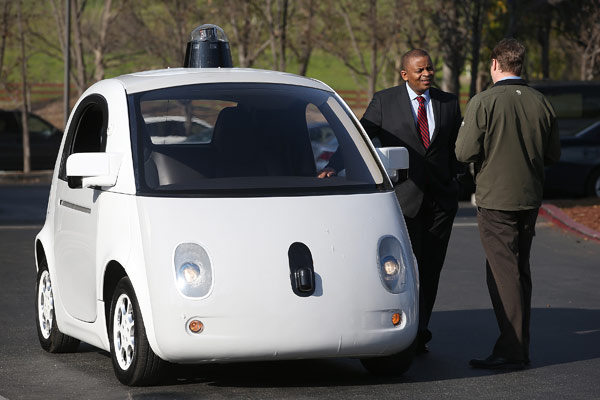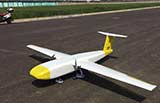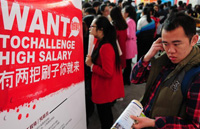Baidu move sees 'robocars' turning a corner
By Cheng Yingqi (China Daily) Updated: 2016-05-18 08:16
"But with abundant funding, we have seen active cross-boundary mergers by Chinese companies in an attempt to atone for the technological shortfalls," he said.
In May last year, Zhejiang Asia-Pacific Mechanical & Electronic Co, a supplier of braking systems, initiated a plan to raise 1.2 billion yuan to finance the development of self-driving technologies. In April, after a series of mergers and acquisitions, the company announced breakthroughs in a number of core technologies, together with a new plan for 2.3 billion yuan of additional investment.
It also set itself the goal of successfully developing automatic driving technology by 2023.
In February, Ningbo Joyson Electronic Corp, a major auto-electronic products manufacturer in Zhejiang province, spent $1.1 billion to acquire two leading suppliers of automotive components-Key Safety Systems in the United States, and Germany's TechniSat Automotive.
On April 22, Baidu announced that it had established a self-driving car team in Silicon Valley, California. The team includes experts in machine learning and hardware, along with software engineers across a variety of technical domains, from robotics and computer vision to onboard computers and sensors. The company plans to expand the team to more than 100 researchers and engineers by the end of this year.
Potential profits
The driving force behind the moves to develop driverless cars, irrespective of cost, is the potential profit to be made from China's massive auto market.
A survey by Boston Consulting Group in April last year showed that China will soon corner more than 25 percent of the driverless car market, which is expected to hit 12 million units globally by 2035.
Meanwhile, a recent report by Roland Berger, a global strategy consultancy, showed that Chinese car owners are much more open to unmanned cars than Europeans and people in the US.
As many as 96 percent of Chinese drivers stating that they would consider an autonomous vehicle for almost all everyday driving, whereas in the US and Germany, the figure was 58 percent.
"Chinese people are probably the world's most adventurous consumers-they are always ready to try new things. Just look at how smartphones swept the country overnight and you can predict what will happen to the market for autonomous cars," said Wang Yong, founder of VVpinche, a cab-hailing company in Beijing based on the model popularized by Uber and Didi Chuxing.
For Wang, who is also a driver, sitting in an autonomous car is no more stressful than driving on a road full of new drivers, because "driverless cars are definitely safer than human drivers".
Cui Rui, co-founder of Jiewo, an app that allows people to share private buses, sees plenty of opportunities in self-driving buses. "In the initial stages, it is more likely that self-driving technologies will be used on vehicles that travel along fixed routes, which will reduce management challenges and offer improved safety," he said.
Wang and Cui both believe that the commercial vehicle sector will be the first testing ground for driverless cars because cab companies are more sensitive to costs-especially labor costs-than individual car buyers.
"Self-driving represents the future, although its commercialization could be difficult at the beginning. If there were some major accidents in the first few years, it would slow down the development of the whole industry," Wang said.
- Xi says it's time for philosophy to flourish
- Top legislator foresees bright future for SAR
- New app to guide visually disabled
- Father and son poisoned by disinfectant in McDonald's drink
- Chinese in their 40s the most enthusiastic about Shanghai Disneyland
- Supply-side reform should be pushed resolutely, says Xi
- Rail capacity boosted under new operational plan
- Media mogul buys Song Dynasty letter for $31.7m
- China becomes No 1 in voluntary organ donations in Asia
- Beijing confirms first imported Zika case









